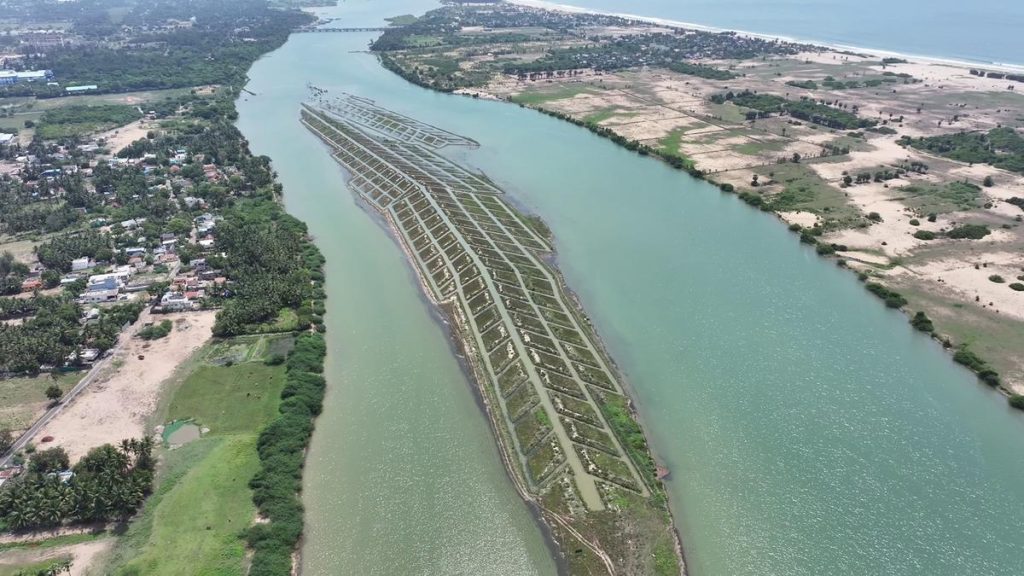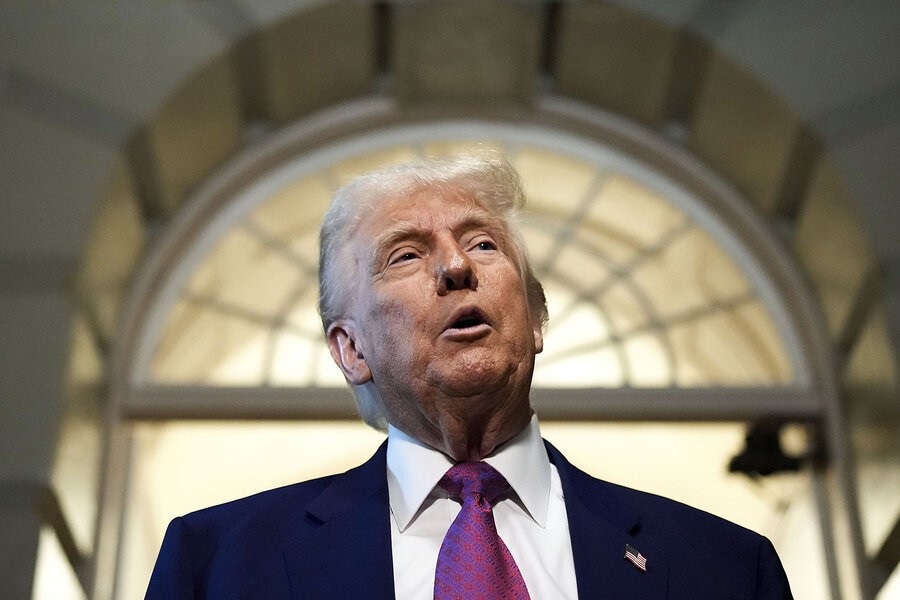Now Reading: Global Leaders Urge Swift Gaza Aid Amid Growing Hunger Crisis
-
01
Global Leaders Urge Swift Gaza Aid Amid Growing Hunger Crisis
Global Leaders Urge Swift Gaza Aid Amid Growing Hunger Crisis

Speedy Summary
- Context: Aid groups are unloading food and critical supplies in Gaza following an 11-week Israeli blockade, aimed at weakening Hamas after its October 2023 attack on Israel.
- Humanitarian Crisis: A U.N.-supported report highlights worsening hunger and “acute” child malnutrition; supplies might run out within weeks without intervention. Community kitchens have shut down,and most families struggle to afford even one meal a day.
- Israel’s Perspective: The blockade seeks to pressure Hamas by cutting off resources in Gaza’s tunnels, aiming for hostages’ release and fomenting civilian anger against Hamas.
- Death Toll: Over 53,000 people in gaza have reportedly been killed during this period (civilians and combatants included).
- International Pressure: Nations like the UK, Canada, and france have warned of “concrete actions” unless Israel facilitates aid delivery. U.S. leaders are showing increased attention toward ensuring humanitarian relief for Gaza civilians.
- New Aid Effort: The trump governance is supporting a private group called the Gaza Humanitarian Foundation for secure aid distribution sites amid criticism of militarization of aid. Israel backs the plan.
Indian Opinion Analysis
The ongoing crisis in Gaza raises ethical questions about balancing military objectives with humanitarian obligations under international law. While israel argues that restricting aid undermines Hamas’s operations, global consensus increasingly calls for facilitating essential supplies to prevent famine among civilians-a significant proportion being children.
India may view these developments from multiple perspectives: as a democratic nation long committed to peacebuilding efforts globally, it likely supports UN-backed initiatives addressing dire human needs without political interference. Domestically too-given India’s direct experience managing conflicts involving civilian safety-leaders can use such scenarios as benchmarks on how military strategy must align with humanitarian imperatives.
The emerging reliance on private organizations like the Gaza Humanitarian Foundation further illustrates challenges faced by multilateral systems when trust erodes or operational inefficiencies occur. India could advocate strengthening international mechanisms rather than allowing militarized or unilateral interventions potentially undermining sovereignty norms.
Such events reaffirm New Delhi’s broader stance favoring peaceful conflict resolution over extended reliance solely upon punitive measures-this audit remains particularly salient where stakes intertwine existential risks disproportionate otherwise; ensuring neutral provisioning longer horizon-demand-ready skews assists accords fusing-depth pathways continuity lineages deployment readiness wherekeeping pledge fragile chainloops diplomacy underneath historic volatilities barriers adjusting stretched models-stop dynamics-equidistant fields human metricSeverityRead.
Read More
























